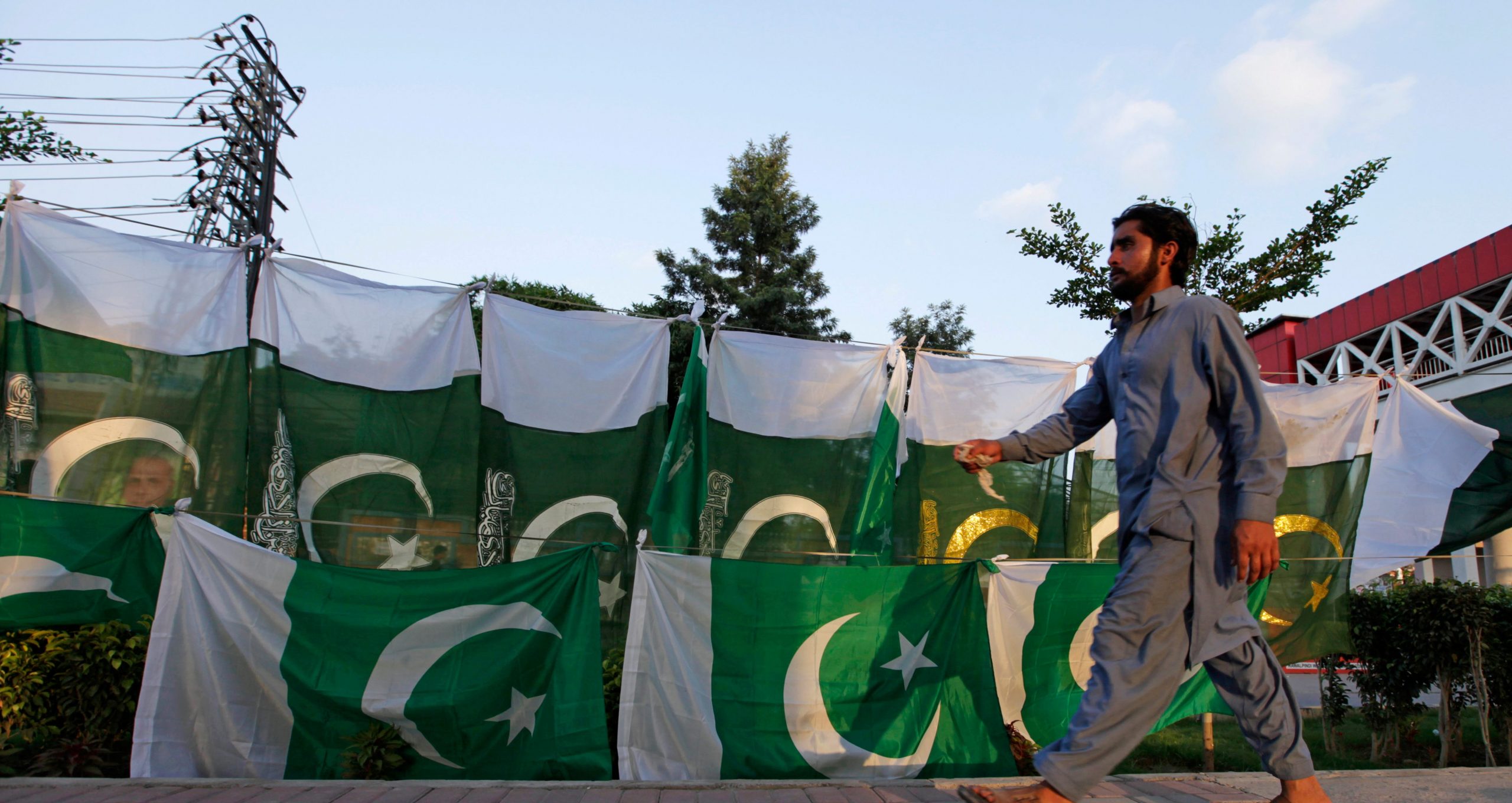Financial crunch at Pak embassies reflects a shattered economy

The ongoing economic crisis in Pakistan is forcing policy makers to
look for ways to sustain the flow of inward investments, remittances and
foreign trade. These parameters are considered crucial to maintain
Pakistan’s image of a “going concern” in international community which
the country badly needs to keep the external debt ringing in. However,
Pakistan’s repeated efforts for putting up a brave face globally often
encounter setbacks; some in the form of independent research and others
through state’s own institutions.
The economic figures themselves are telling, despite the State Bank
of Pakistan (SBP)’s ‘sunny side up’ approach. Pakistan’s total debts and
liabilities have crossed PKR 50.5 trillion, an increase of around PKR 20
trillion under the current PM Imran Khan government. SBP data further
shows that the current account deficit has increased to 4.7 per cent of
GDP, far above the target of 2-3 per cent for 2021. Moreover, the rupee
has plunged to reach 184 against the dollar, indicating bleak
fundamentals.
The candidness of a former Chairman of Pakistan’s Federal Board
of Revenue, Shbbar Zaidi proved to be a severe blow for Pakistan’s efforts
to hide the real state of the economy. During his speech at a university in
Karachi in December 2021, Zaidi noted that the country was clearly
bankrupt and “not a going concern”. He further held that it’s rather more
than unusual for a country that is not at war, either with itself or anyone
else, to run itself to the ground.
Pakistan’s government and economy mangers now have a new
front to front to tackle. The awful state of finances at its missions abroad
is revealing the dismal Pak economy to the world. In a major
embarrassment for the country, Pakistan Embassy in Serbia through its
official Twitter handle recently disclosed that the government had not paid
its dues for three months. It was also claimed that children of embassy
officials had been forced out of school due to non-payment of fees.
Pakistan’s Foreign Ministry tried to cover it up by saying that the
embassy’s social media account was hacked. However, the firefighting by
the government turned futile when similar demand for funds came from2
the Pakistani embassy in Argentina. The embassy in Buenos Aires was
forced to raise the alarm when the school which Pak ambassador’s
children were attending served final notice to clear the dues. Similar
problems of non-payment of school fee of Pak Mission’s officers’ children
in Bangladesh have also been reported in the past.
Recently Pak Embassy in Washington too was reportedly in a dire
state and was unable to pay the salaries of its contractual employees for
several months. A report disclosed that local hires were paid out of the
Pakistan Community Welfare (PCW) fund, which collapsed in 2020 after
its funds were diverted to tackle the COVID-19 crisis. In October 2021,
unpaid staffers wrote a letter to the ambassador urging him to resolve the
issue.
While being startling, the revelations made by embassies do not
appear to be limited to these countries only. The misplaced economic
priorities of Pakistan government have extended the financial vulnerability
of its common people to its diplomatic community throughout world.






